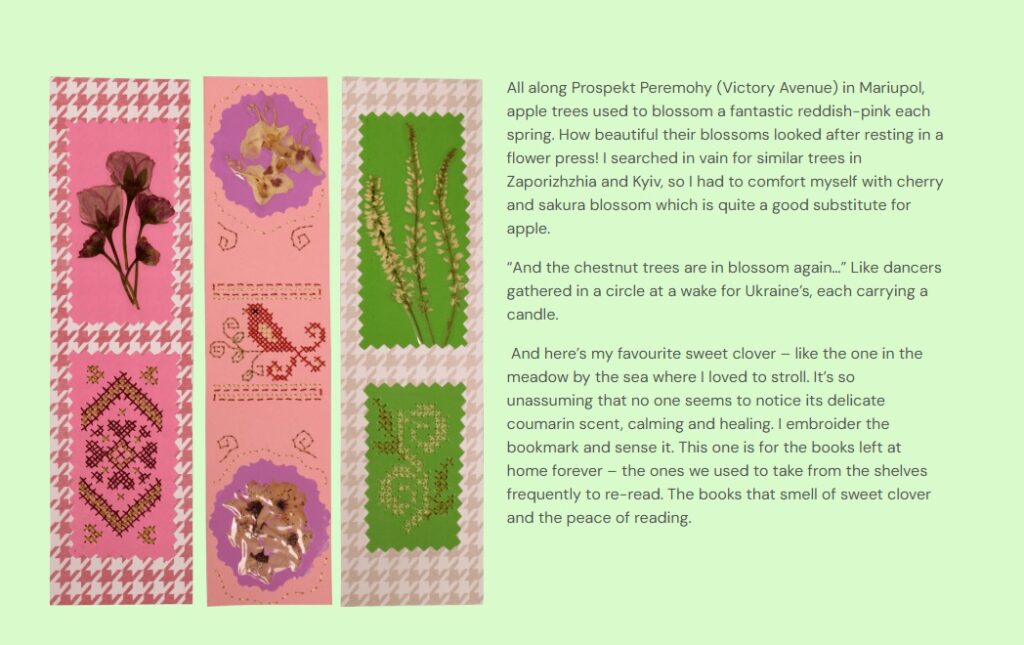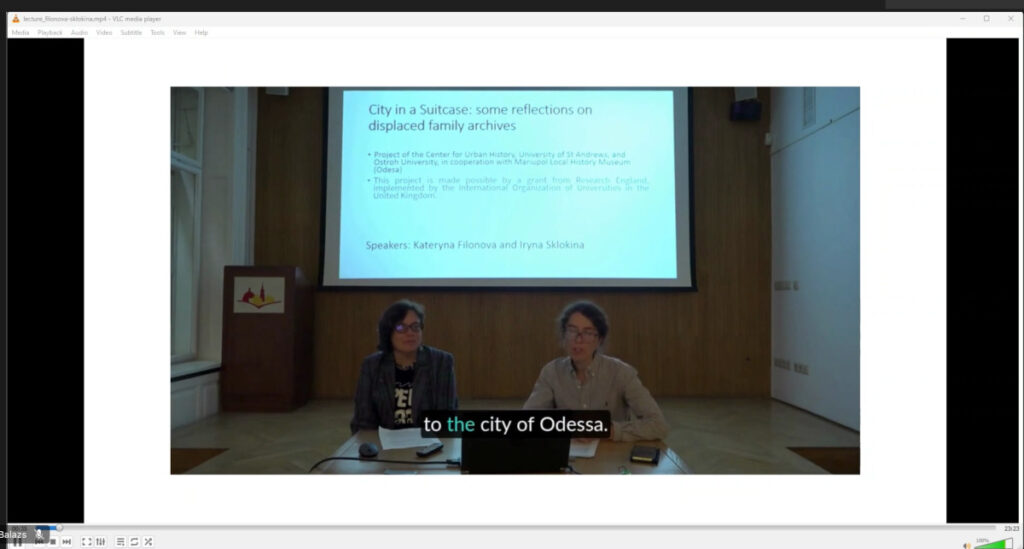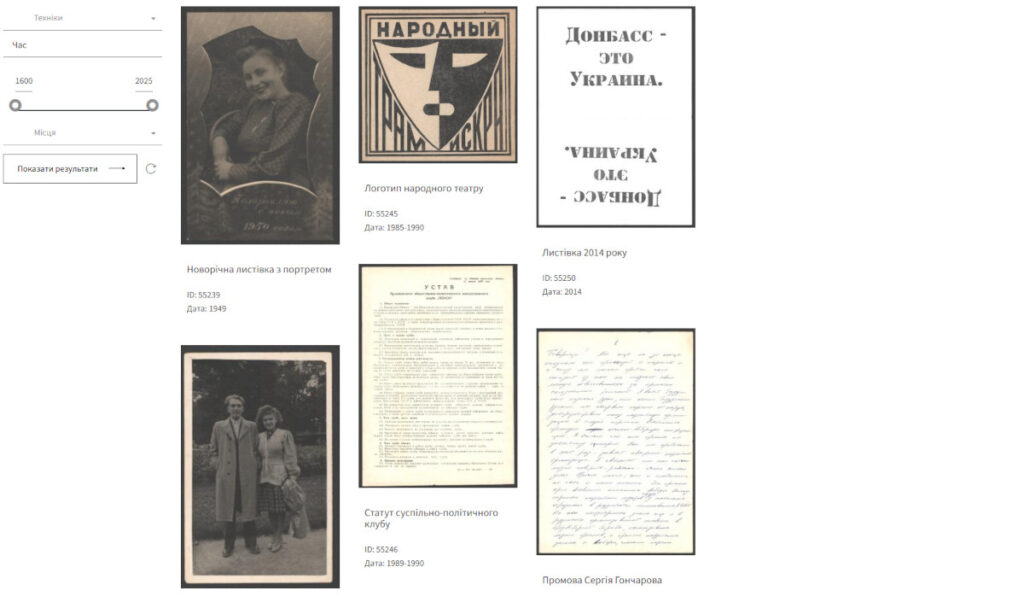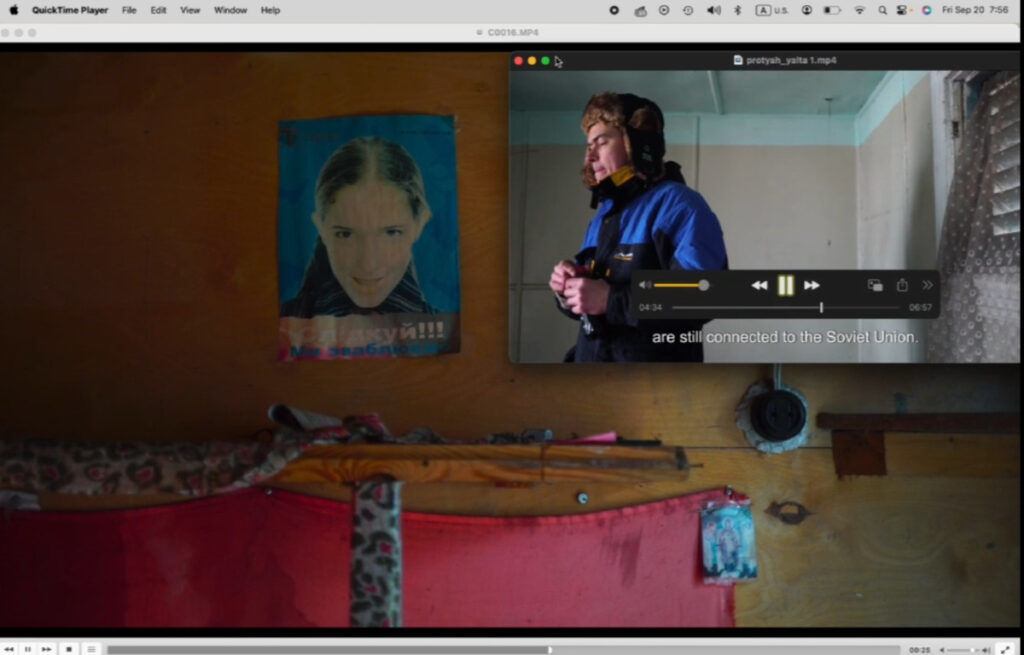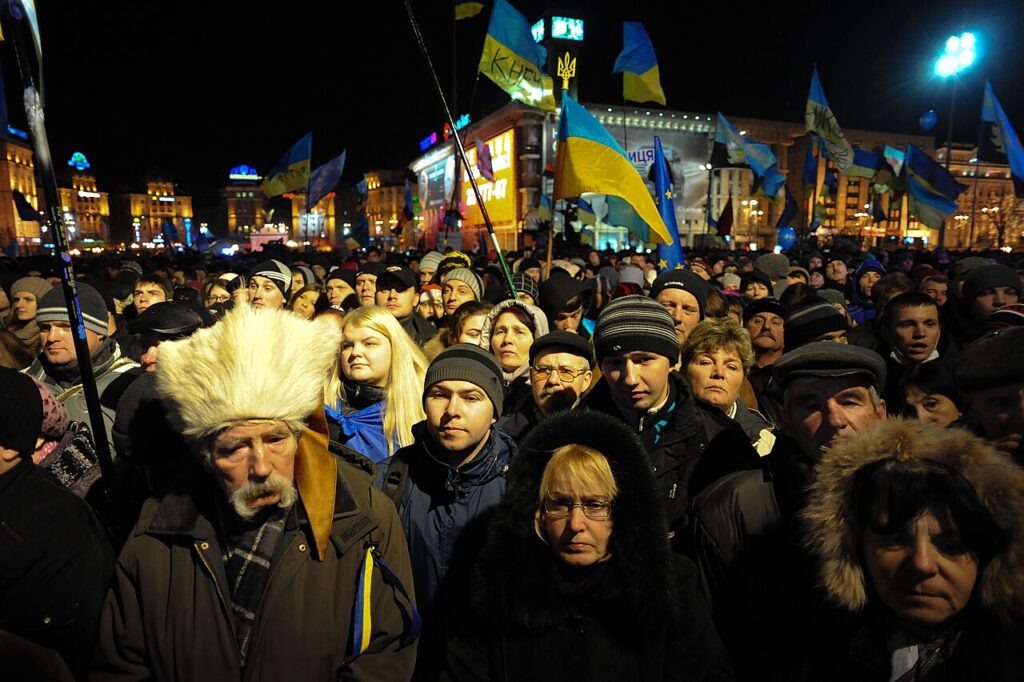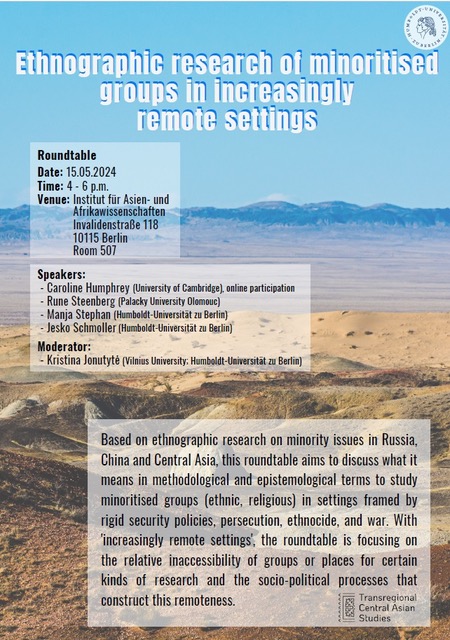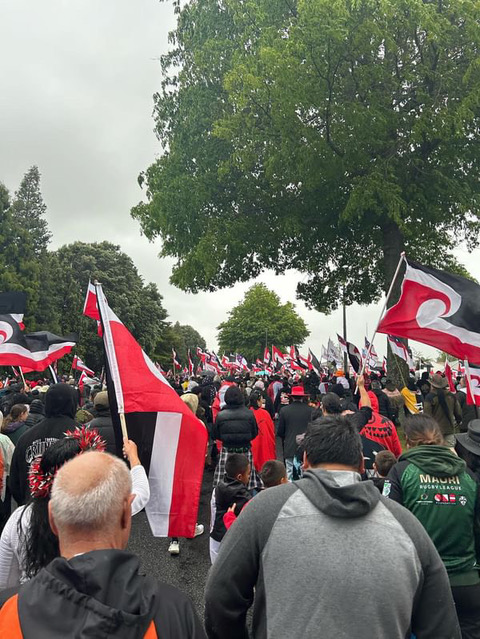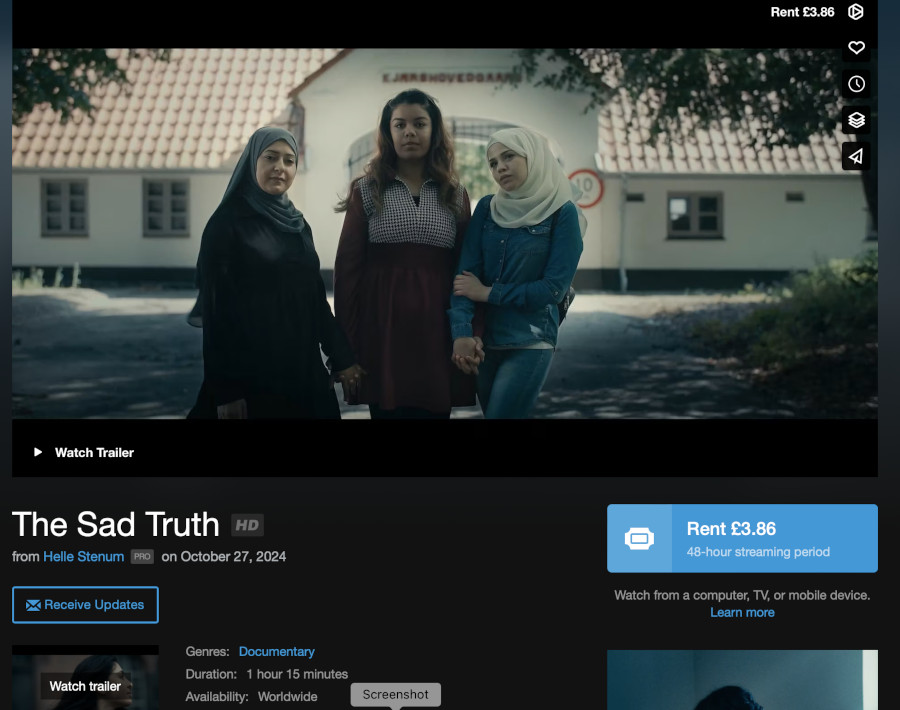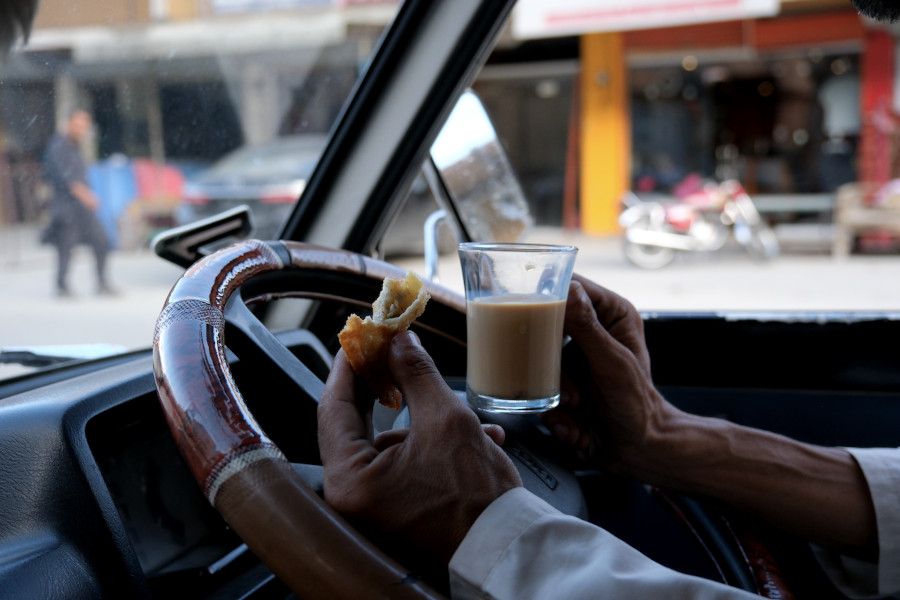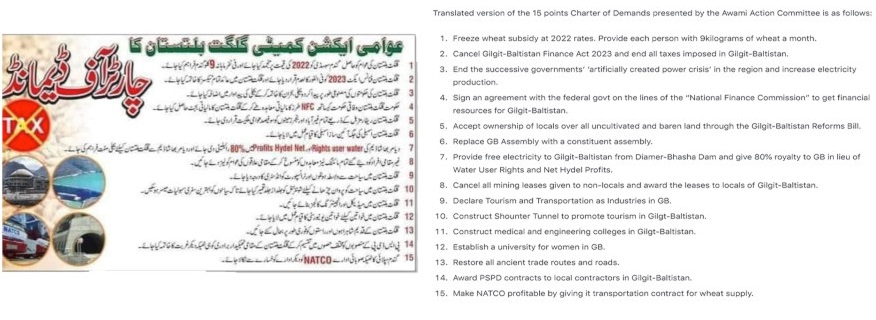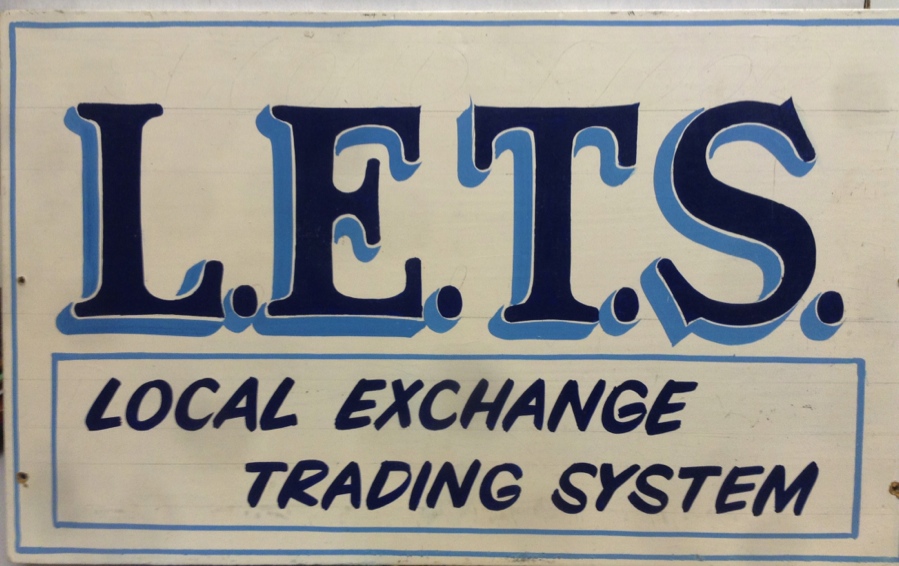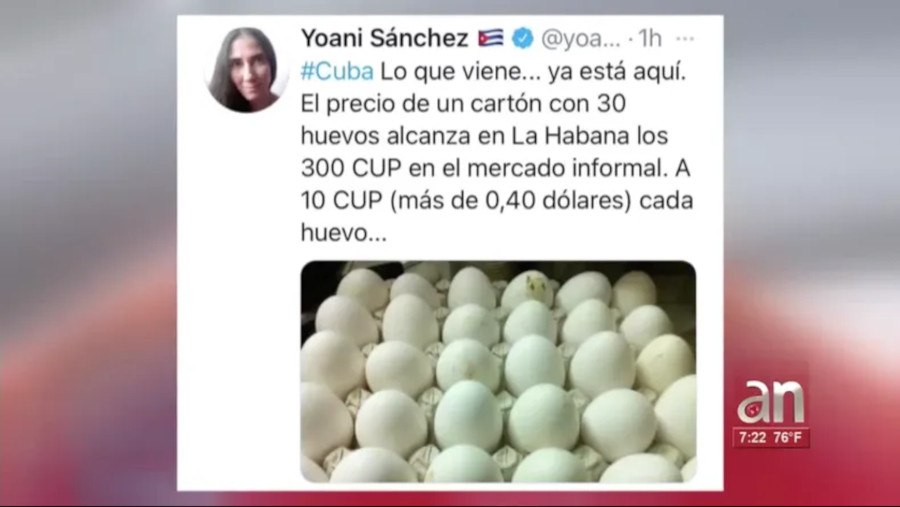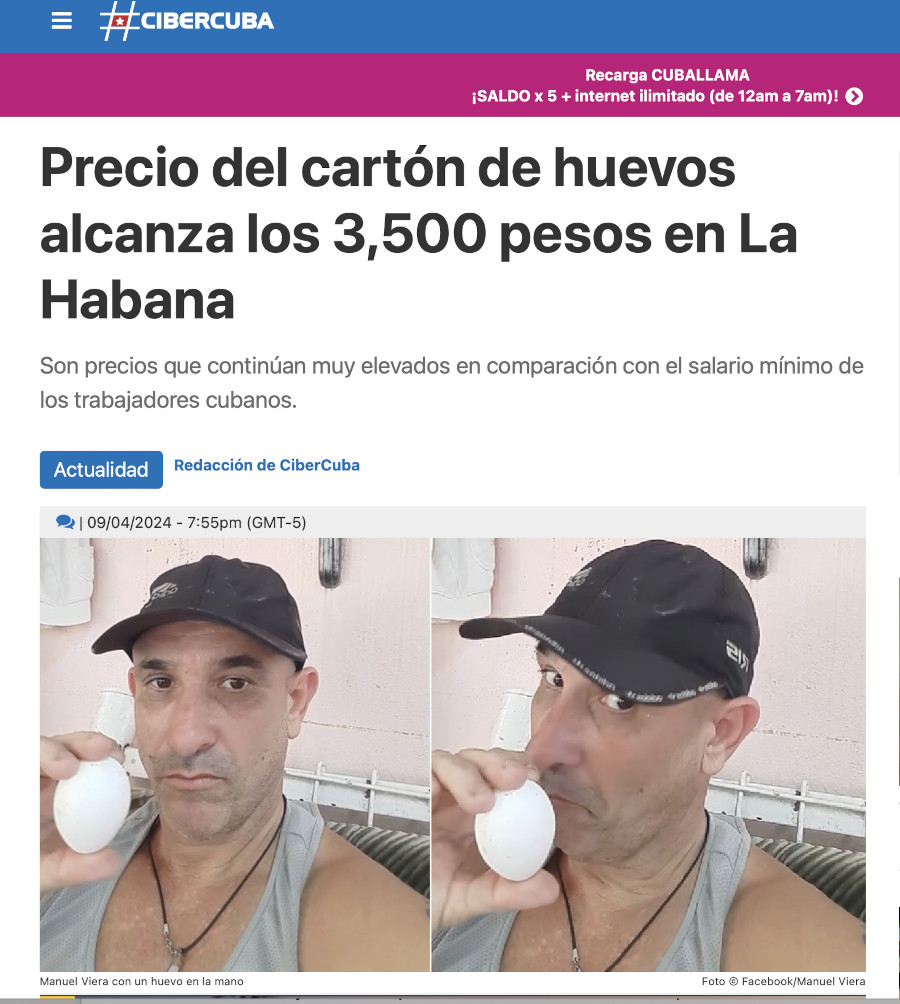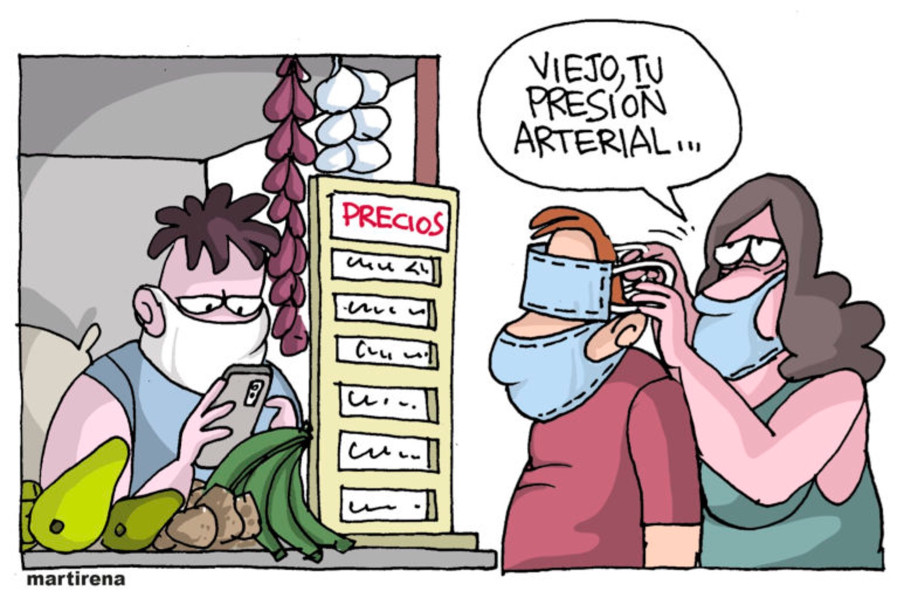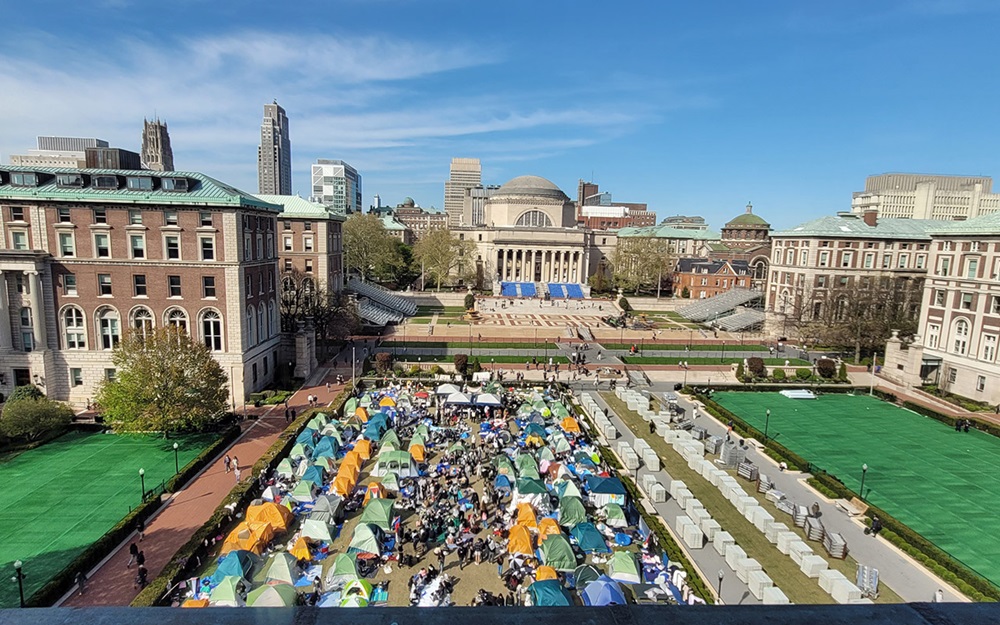
Cancelling Mbembe
On June 6 2024 I was present in the grand hall that is the University Aula of the University of Bergen in Norway when my friend Achille Mbembe received the prestigious Holberg Prize from the University of Bergen (UiB). I had been there in the same hall when Mbembe, arguably the most widely read and cited Africa-based intellectual of his time, first visited Norway for the annual Holberg Debate on December 1, 2018. Back then, he had made Africans in the audience gasp in recognition as he narrated that, as the only black passenger on the incoming flight from Schiphol in Amsterdam to Flesland Airport in Bergen, he been held up by local police at the airport for over an hour. I had as a member of a sub-committee working under the auspices of the Holberg Committee at the UiB nominated Mbembe to come to Bergen. By nominating Mbembe, my co-nominator and I wanted to make a statement about the importance of open engagement with prominent theorists from the ‘Global South’ in a Norwegian academia in which we felt this was lacking. Two years later, Mbembe would be cancelled from the Ruhrbiennale in Germany, after the federally funded arts festival had come under severe criticism from the Federal Commissioner Against Antisemitism in Berlin, Felix Klein, assorted German newspaper editors, and pro-Israeli diaspora organizations. He had, based on tendentious readings of some of his shorter texts, and a signature on a call for an academic boycott of Ariel University, an Israeli university linked to an illegal Israeli settlement on the Occupied Palestinian West Bank, in effect been labelled an “antisemite” (Assmann 2021). Mbembe decided to fight back, but the media campaign would ultimately silence him: in the five years that have passed, he has not been back to Germany, and has adamantly refused to comment on the Israeli war on Gaza.
In another prominent case, the Lebanese-Australian anthropologist Ghassan Hage was fired from a visiting position at the Max Planck Institute (MPI) in Halle in 2024 after a concerted media campaign had brought the same Felix Klein’s attention to a series of Facebook posts after Hamas’ terrorist attacks on Israel on October 7, 2023, and the ensuing Israeli war on Gaza. Hage had inter alia used the forbidden term “Zionism”; and worse, still, the forbidden term “genocide”; and analogized Israel and Nazi Germany. In a statement, the MPI (not the Halle institute) implied that Hage was guilty of “antisemitism.”
I had heard of similar cases in which academic careers had been threatened and academic freedom undone from the UK, where a US-born Jewish scholar, Prof Rebecca Ruth Gould (Gould 2023), had in 2017 been one of the first victims of a university investigation into allegations of “antisemitism.”
On International Women’s Day, March 8, 2025, the thirty year old Syrian-born Palestinian activist Mahmoud Khalil was arrested outside his Columbia University apartment in Morningside Heights in New York. As a student at Columbia Khalil had acted as mediator for the Gaza Solidarity Encampment at Columbia at the height of the student protests against the Israeli war on Gaza in 2024. He had not been arrested for any illegal activity; he was arrested for exercising his right to freedom of speech under the First Amendment of the US Constitution. Try as they might, no one has found any traces of contact with, or support for Hamas, in his record: instead, Secretary of State Marco Rubio had signed his warrant of arrest based on a provision in the McCarthy-era Immigration and Nationality Act (1952) which provided him with the right to declare that Khalil’s presence in the US was “contrary to US foreign policy interests.” Khalil’s arrest was the culmination of a federal blackmail of Columbia University involving US$ 400 million in federal funding and contracts due to the university’s alleged “failures” in addressing antisemitism on campus. Following the dark precedent of university administrators during the McCarthy era, Columbia University’s Interim President Katrina Armstrong rapidly yielded to the blackmail: not only did Columbia expel, suspend, or rescind the degrees of some twenty-two students who had been involved in pro-Palestinian protests; she also committed the university to full co-operation with federal authorities; and agreed to put the department of South Asian, Middle Eastern and African Studies (MESAAS) under external administration, and hire new faculty on the basis of their pro-Israeli views rather than their academic credentials. For as Sheldon Pollock noted in an op-ed in The Guardian, Middle Eastern Studies faculty at Columbia University are not generally known to be loyal supporters of Israel and its record on human rights and international law. Columbia even has a Center For Palestine Studies, led by the outspoken Palestinian-American anthropologist Nadia Abu El-Haj. The March 13 letter from the Trump administration which listed a set of demands Columbia University had to fulfil as conditions for further negotiations, had also demanded that Columbia adopt a “formal definition of antisemitism”; though this was offered as a “helpful suggestion”, the letter referenced the 2016 IHRA Working Definition of Antisemitism (WDA).
The Palestinian exception to academic freedom and the 2016 IHRA Working Definition of Antisemitism
Scholars have long been talking about a “Palestinian exception to academic freedom and freedom of speech” (Tatour 2024). And so, I wondered what the connecting thread was in all these attacks on academic freedom, freedom of assembly, and freedom of speech for scholars and students committed to a Cesairean/Gilroyean “planetary humanism made to the measure of the world” as applied to Palestinian rights to life, freedom, and dignity. It was at this point that I discovered the so-called “non-legally binding working definition of antisemitism” of the International Holocaust Remembrance Alliance (IHRA), adopted at a plenary meeting of the IHRA in Bucharest in Romania in 2016.
“Non-legally binding working definition” sounded innocuous enough; it conveys the impression that this has nothing to do with actual law. Furthermore, this suggested that a more refined and consensual definition would emerge at some foreseeable point in the future. That turned out not to be the case. As the scholar Rebecca Ruth Gould, herself one of the first targets of enquiries into alleged “antisemitism” while a young lecturer at Bristol University in 2017, has noted, in many of the 43 countries that to date have formally adopted the IHRA working definition it has turned into what is for all practical purposes a “soft law” (Gould 2021), with severe potential consequences for academics or activists who have somehow ended up in its crosshairs. Furthermore, despite the many obvious and much criticized shortcomings of the definition, and the eleven accompanying “contemporary examples of antisemitism”, there have not been any revisions. No less than seven out of eleven examples of “antisemitism” relate to speech about Israel. These include characterizing Israel as an “apartheid state” (like Amnesty International, Human Rights Watch, B’Tselem and Forensic Architecture has long done) and thus implying that Israel underwrites “a racist endeavor”; arguing with the International Court of Justice (ICJ) that what the IDF has been doing in Gaza since October 2023 amounts to a “plausible genocide”, suggesting an analogy between Israel and Nazi Germany; calling for an academic boycott of Israel with reference to the close interlinkages between the Israeli military-industrial complex and Israeli universities (Wind 2024), which is de facto “antisemitic” in Israel and Germany. Anti-Zionism, whether Jewish or gentile, is “antisemitic” in the US after Executive Order 13899 of 2019 and a subsequent resolution in the US Congress of 2023. In the view of proponents of IHRA, to be Jewish is to support Israel, never mind Jewish and/or Israeli anti-Zionists from Hannah Arendt via Avi Shlaim to Eyal Weizman.
Not surprisingly, the critique of the 2016 IHRA working definition has been massive, and has in particular come from Jewish intellectuals and scholars of antisemitism. The 2021 Jerusalem Declaration is a direct response to the conflation between critiques of Israel and antisemitism that the 2016 IHRA working definition licenses.
The making of the 2016 IHRA Working Definition
We know from the by now extensive secondary literature that the suggestion of a formal definition of antisemitism came from an Israeli historian at Tel Aviv University and at Yad Vashem in Jerusalem. This must be seen in the context of the US-Israeli concern over the 2001 Durban Conference on Racism of the UN; the rise of antisemitism in the context of the Second Intifada (2000-05); and the emergence of the Boycott, Divestment and Sanctions (BDS) in 2005. The IHRA 2016 working definition was almost identical to a definition developed by a team of academics working under the auspices of the American Jewish Committee (AJW) led by Prof Kenneth Stern of Bard College in New York in 2004-05. Though never formally adopted, it was used by various European bodies (EUMC, OSCE) until the EU’s Fundamental Rights Agency (FRA) removed it from its website in 2013. Stern had by then become outspoken in his criticism over the ways in which the definition was being weaponized and applied in civil lawsuits and campus speech regulations. By the time of the plenary meeting of the IHRA in 2014, Mark Weizman, then the chair of the Antisemitism and Holocaust Denial Committee of IHRA, and a Director at the Simon Wiesenthal Centre in the USA, had proposed that IHRA could simply copy the EUMC definition, and started lobbying for IHRA to adopt it at the plenary meeting scheduled to take place in Bucharest in 2016. Weizman would later claim that the plenary meeting in 2016 adopted both the core definition and the eleven examples. However, Jamie Stern-Weiner (2021) demonstrates that this was not the case, and that delegates from Denmark and Sweden openly opposed the eleven examples at the plenary meeting. Countries that have adopted the IHRA 2016 working definition of antisemitism have for the most part either not taken an active stance with regard to the examples (UK), or adopted it without the examples (Germany, France). The blackmailing of universities in the name of “combatting antisemitism” did not start with the Trump administration in the USA, however. The “honor” of pioneering that strategy goes to the then Tory Minister of Education Gavin Williamson who threatened British universities with severe budget cuts should they refuse to adopt the IHRA 2016 working definition.
The Israeli far-right government has invited several European far-right political leaders to a conference on “combatting antisemitism” in late March. It is a fair assumption that the assembled delegates from National Unity (RN), the Swedish Democrats, Vox, and Fidesz, will not be discussing with Israeli President Herzog and Prime Minister Netanyahu the antisemitism of far-right actors making fascist salutes and denying the Holocaust. The 2016 IHRA working definition enables an historical shift whereby antisemitism becomes identified almost exclusively with Left pro-Palestinian activism, while classical far-right antisemitism is excused as long as it publicly performs loyalty and support for Israel. The record clearly shows that Israel was not only actively involved in designing the 2016 IHRA working definition, but also played a pivotal role in lobbying for it at IHRA, in various EU organs and at the UN. We live in dark times, as Hannah Arendt said, and the greatest surprise is how easy it has been for illiberal speech regulations in advanced liberal democracies to be introduced with hardly any public or legislative debate. It is also a ‘time of monsters’, and it will take both courage and integrity to defend academic freedom and freedom of speech for all in the years ahead.
Sindre Bangstad is Research Professor at KIFO (Institute for Church, Religion & Worldview Research) in Oslo, Norway.
References
Assmann, Aleida (2021). ‘A Spectre is Haunting Germany: The Mbembe Debate and the New Antisemitism’, Journal of Genocide Research 23 (3): 400-411.
Gould, Rebecca R. (2021). ‘Legal Form and Legal Legitimacy: The IHRA Definition of Antisemitism as a Case Study in Censored Speech’, Law, Culture and the Humanities 18 (1): 153-81.
Gould, Rebecca R. (2023). Erasing Palestine: Free Speech and Palestinian Freedom. London and New York: Verso.
Stern-Weiner, Jamie (2021). The Politics of a Definition: How the IHRA Working Definition Is Being Misrepresented. Available at: https://freespeechonisrael.org.uk/wp-content/uploads/2021/04/Politics-of-a-Definition-Exec.pdf
Tatour, Lana (2024). ‘Censoring Palestine: human rights, academic freedom and the IHRA’, Australian Journal of Human Rights 30 (1): 106-114.
Cite as: Bangstad, Sindre 2025. “The IHRA Working Definition of Antisemitism and Academic Freedom” Focaalblog 28 March. https://www.focaalblog.com/2025/03/28/sindre-bangstad-the-ihra-working-definition-of-antisemitism-and-academic-freedom/
